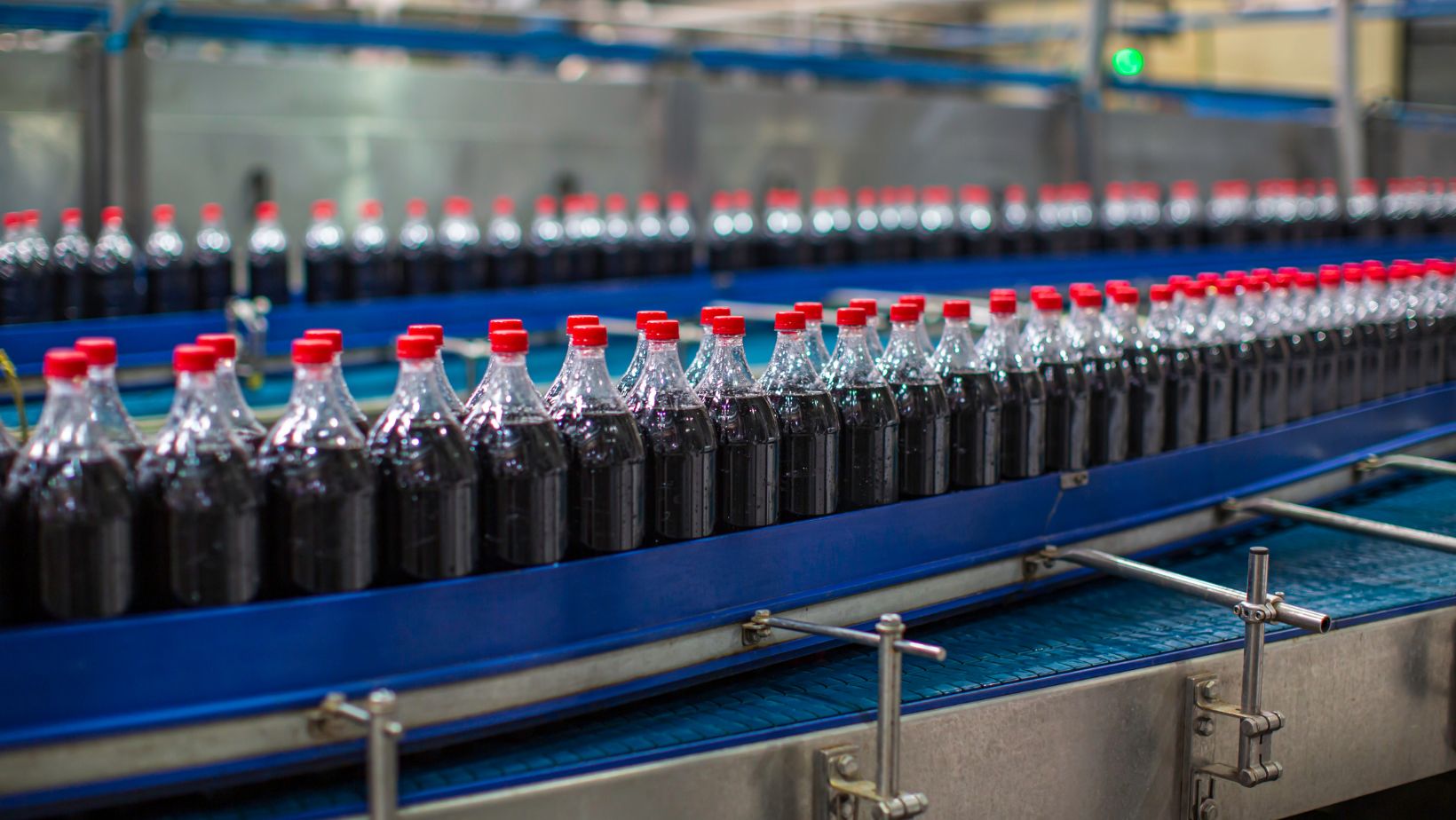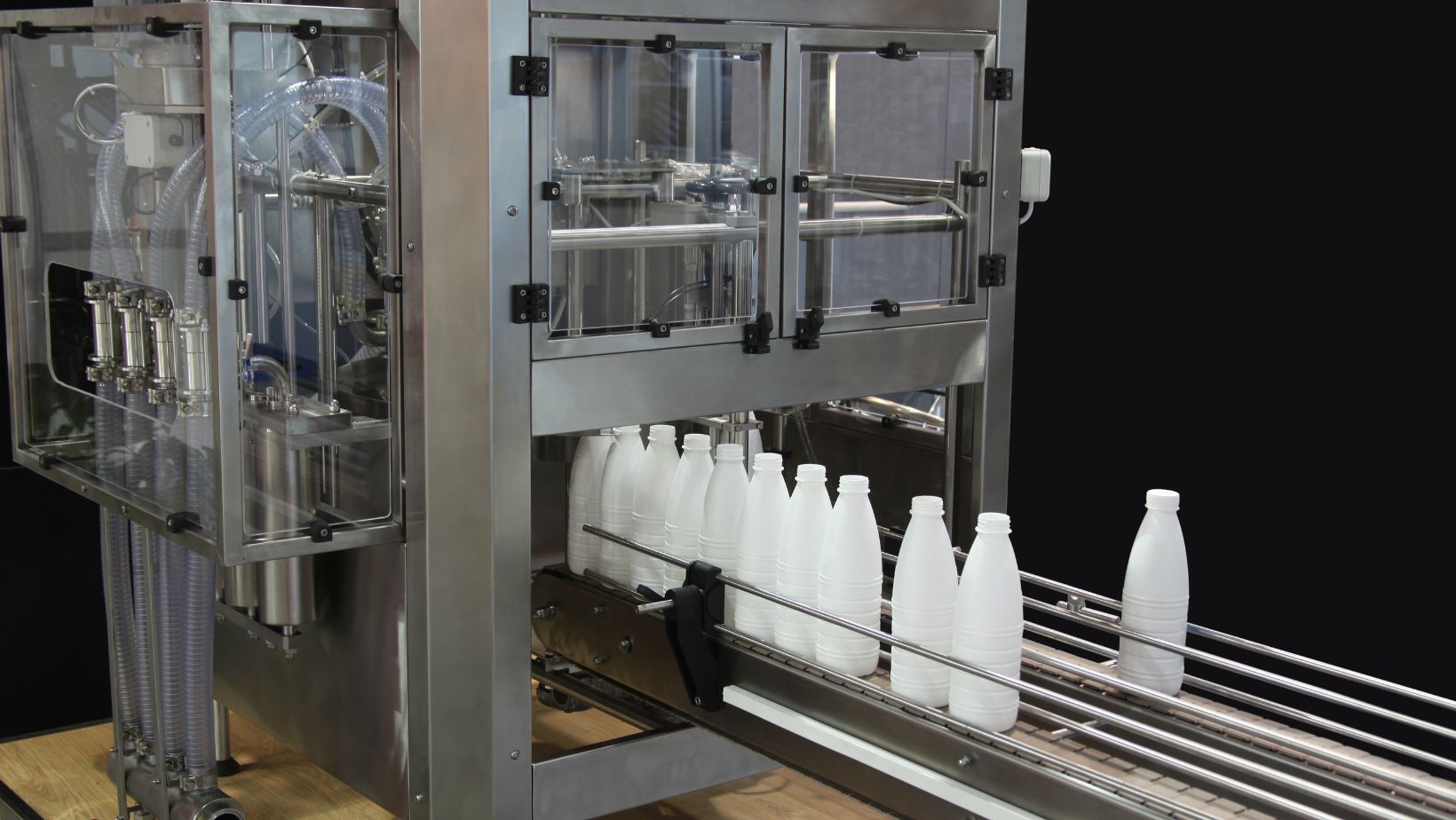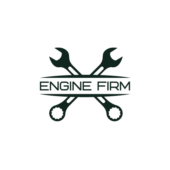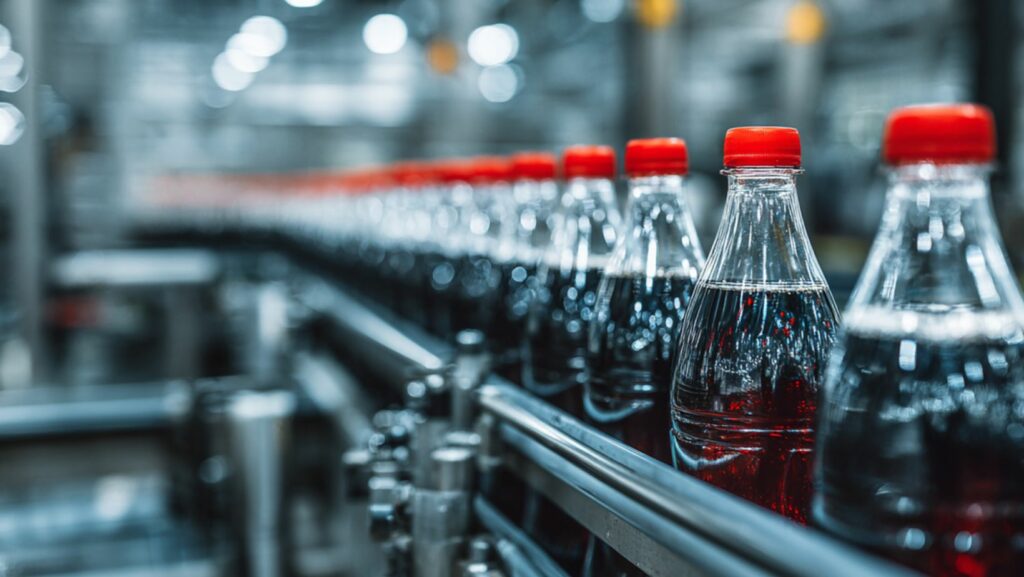Industrial Bottling Machines: Precision and Efficiency
Bottling machines are essential in industries where liquid products need to be packaged in bottles. These machines are designed to handle a variety of liquids, from water and soft drinks to oils and chemicals. The primary goal of bottling machines is to ensure that each bottle is filled with the exact amount of liquid, minimizing waste and maximizing efficiency. Modern bottling machines are equipped with advanced sensors and control systems that monitor the filling process in real-time, ensuring precision and reducing the risk of spillage.
One of the key features of industrial bottling machines is their ability to handle high-volume output. These machines are designed to operate continuously, often 24/7, to meet the demands of large-scale production. They are equipped with multiple filling heads, allowing them to fill several bottles simultaneously, significantly increasing throughput. Additionally, bottling machines are highly adaptable, capable of handling different bottle sizes and shapes with minimal adjustments. This flexibility is crucial for manufacturers who need to switch between different product lines quickly.

Another important aspect of bottling machines is their integration with other packaging equipment. They are often part of a larger production line that includes capping, labeling, and packaging machines. This integration ensures a seamless flow of products from one stage to the next, reducing downtime and increasing overall efficiency. As technology continues to advance, bottling machines are becoming more automated, with features such as automatic bottle detection and rejection systems, further enhancing their reliability and performance.
Canning Machines: Robust Solutions for Solid and Liquid Products
Canning machines are another vital component of the packaging industry, particularly for products that require airtight sealing. These machines are used to package a wide range of products, from food and beverages to chemicals and pharmaceuticals. The primary function of canning machines is to fill cans with the product and seal them to preserve freshness and prevent contamination.
Like bottling machines, canning machines are designed for high-volume production. They are capable of filling and sealing hundreds of cans per minute, making them ideal for large-scale manufacturing operations. Canning machines are equipped with precision filling systems that ensure each can is filled to the correct level, reducing waste and ensuring product consistency. The sealing process is equally important, as it ensures that the contents of the can are protected from external elements.
Modern canning machines are highly versatile, capable of handling different can sizes and materials. They are also designed to work with a variety of products, from liquids to solids, making them suitable for a wide range of applications. The integration of advanced technologies, such as automated quality control systems, ensures that each can meets the required standards before it leaves the production line. This level of automation not only improves efficiency but also reduces the risk of human error, ensuring a high-quality end product.
Technological Advancements and Future Trends
The filling machine industry is constantly evolving, driven by technological advancements and changing consumer demands. One of the most significant trends in recent years is the move towards greater automation and digitalization. Modern filling machines are equipped with sophisticated software that allows for real-time monitoring and control of the filling process. This not only improves accuracy but also enables manufacturers to quickly identify and address any issues that may arise.

Another trend is the increasing focus on sustainability. As environmental concerns continue to grow, manufacturers are looking for ways to reduce waste and energy consumption. Filling machines are being designed with these considerations in mind, incorporating features such as energy-efficient motors and recyclable materials. Additionally, there is a growing demand for machines that can handle eco-friendly packaging materials, such as biodegradable plastics and recycled paper.
Looking to the future, the filling machine industry is poised for further innovation. The integration of artificial intelligence and machine learning is expected to revolutionize the way these machines operate, offering even greater levels of efficiency and precision. As the industry continues to evolve, filling machines will remain a critical component of the manufacturing process, ensuring that products are packaged safely and efficiently for consumers around the world.

